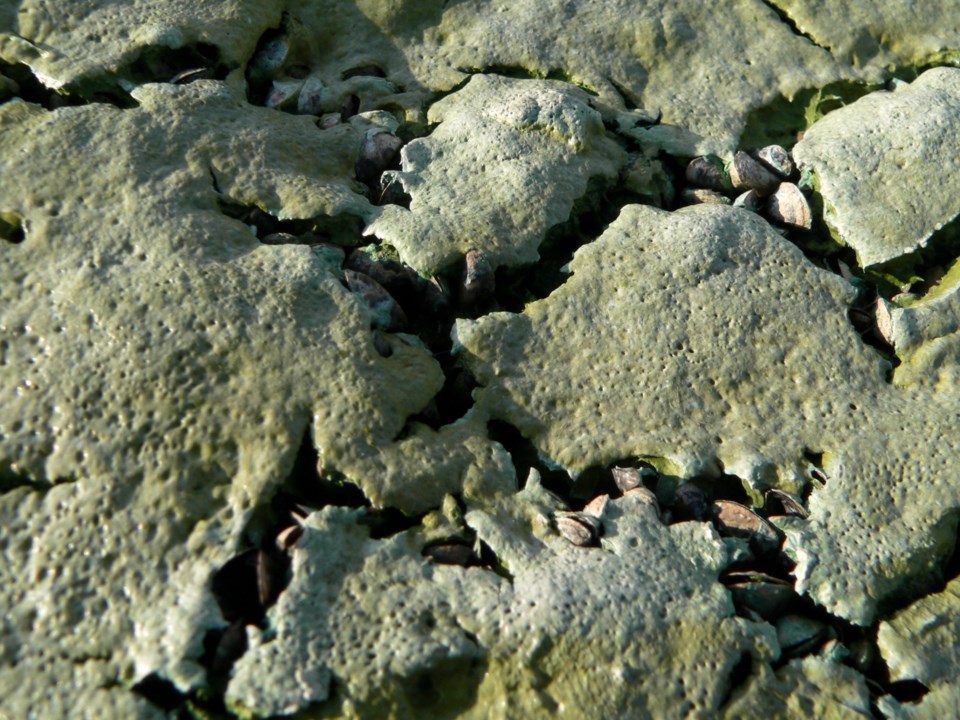NEWS RELEASES
PORCUPINE HEALTH UNIT
*************************
Oct. 5 update
An update from the Ministry of the Environment and Climate Change for the sampling at Remi Lake in Moonbeam has indicated no presence of microcystins, the toxin produced by blue-green algae.
The Porcupine Health Unit reminds residents to follow these precautions when algae blooms are visible in the water.
Original release
The Ministry of the Environment and Climate Change has advised the Porcupine Health Unit that results from samples taken on Sept. 20, 2017, from Remi Lake in Moonbeam are positive for blue-green algae (cyanobacteria).
Although many varieties of blue-green algae are relatively harmless, blooms of blue-green may contain algae species with the potential to produce toxins, which may be harmful to human health and the health of animals.
Once the colder weather arrives, the algae will begin to die off, which may result in a further release of algal toxins. Studies have shown that these toxins will remain in the water for approximately three weeks after the algae have died.
Direct contact with the toxin can cause skin irritation and, if ingested in higher concentrations, may result in vomiting, nausea, diarrhea and abdominal pain.
The Porcupine Health Unit asks residents to monitor area waters and if an algae bloom is present, please report the bloom to the Ontario Ministry of the Environment and Climate Change’s Spills Action Centre at 1-800-268-6060 and take the following precautions:
- Do not use the water for drinking or for food preparation including infant formula;
- Avoid using the water for washing dishes and clothes;
- Use of the water is not recommended for animals; pets and livestock can also be affected;
- Avoid eating fish caught from areas where an algae bloom is present;
- Avoid swimming and other water sport activities that could increase the risk of ingestion and/or skin contact as the toxins can irritate the skin; and
- Use an alternate source of water; boiling the water or using home water treatment devices will not destroy the toxins.
For more information about blue-green algae, please visit the Health Unit’s website at www.porcupinehu.on.ca or call your local Health Unit office and ask to speak with a Public Health Inspector.
The Porcupine Health Unit is located in Northeastern Ontario, serving the entire Cochrane District and Hornepayne, in Algoma District. The main office is located in Timmins, Ont., with branch offices in Cochrane, Hearst, Hornepayne, Iroquois Falls, Kapuskasing, Matheson, Moosonee and Smooth Rock Falls.
*************************



